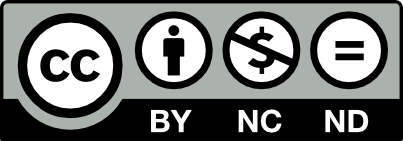Bitumen binders modified with chemically-crosslinked chitosan
Artykuł w czasopiśmie
MNiSW
140
Lista 2023
| Status: | |
| Autorzy: | Malinowski Szymon, Woszuk Agnieszka, Wróbel Michał, Makowska Michalina, Franus Wojciech, Zofka Adam |
| Dyscypliny: | |
| Aby zobaczyć szczegóły należy się zalogować. | |
| Rok wydania: | 2023 |
| Wersja dokumentu: | Drukowana | Elektroniczna |
| Język: | angielski |
| Numer czasopisma: | Supl. 1 |
| Wolumen/Tom: | 24 |
| Strony: | 3 - 18 |
| Impact Factor: | 3,4 |
| Web of Science® Times Cited: | 8 |
| Scopus® Cytowania: | 8 |
| Bazy: | Web of Science | Scopus |
| Efekt badań statutowych | NIE |
| Finansowanie: | The "Fly ash as the precursors of functionalized materials for applications in environmental engineering, civil engineering and agriculture' no. POIR.04.04.00-00-14E6/18-00 project is carried out within the TEAM-NET programme of the Foundation for Polish Science co-financed by the European Union under the European Regional Development Found. |
| Materiał konferencyjny: | NIE |
| Publikacja OA: | TAK |
| Licencja: | |
| Sposób udostępnienia: | Witryna wydawcy |
| Wersja tekstu: | Ostateczna wersja opublikowana |
| Czas opublikowania: | W momencie opublikowania |
| Data opublikowania w OA: | 21 lutego 2023 |
| Abstrakty: | angielski |
| Nowadays, the observed trend in road materials technology covers the study of environmentally-friendly modifiers. Therefore, the possibility of modifying bitumen with chitosan and its mixtures with epichlorohydrin was evaluated. The studies were carried out for four different percentages of biopolymer (1.0%, 2.5%, 4.0% and 5.5%) and two percentages (1% and 2%) of crosslinking agents and included the assessment of their influence on the basic binder properties, surface free energy parameters and chemical structure. The results indicate that the appropriately selected quantitative chitosan/epichlorohydrin ratio leads to their crosslinking inside the bitumen causing a softening effect. The study also shows the possible benefits of using biopolymer-modified binders in the production of asphalt mixtures by the enhancement of surface-free energy parameters and reduction of the dynamic viscosity. Chitosan is an environmentally-friendly biodegradable biopolymer, and its chemical crosslinking has a positive effect on the properties of modified bitumen. |

